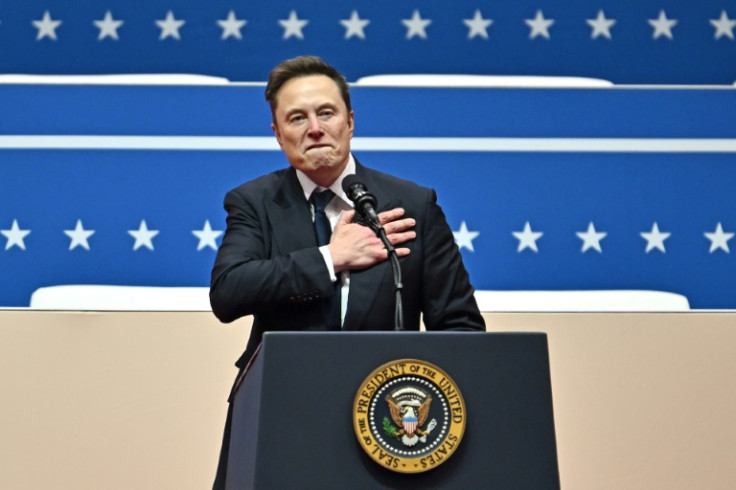OpenAI Rejects Elon Musk's $97.4 Billion Takeover Bid

OpenAI stated that its board of directors has unanimously rejected Elon Musk's $97.4 billion takeover offer.
"OpenAI is not for sale, and the board has unanimously rejected Mr. Musk's latest attempt to disrupt his competition," said a statement from Bret Taylor, chair of OpenAI's board, on Friday.
In a letter sent to Musk's attorney on Friday, OpenAI's lawyer, William Savitt, emphasized that the proposed takeover bid "is not in the best interests of OAI's mission and is therefore rejected." He further clarified that the board's decision was made with careful consideration of OpenAI's long-term goals and commitment to its mission. Savitt's letter reaffirmed that OpenAI remains focused on advancing its objectives and protecting the integrity of its operations, despite the external pressures from Musk's latest attempt to take control.
Savitt's letter on Friday noted that Musk's court filing introduced "new material conditions to the proposal." He argued that, as a result of this filing, it had become clear that Musk's highly publicized "bid" was not actually a legitimate bid. Regardless of this, Savitt emphasized that even in its original form, the proposal had been unanimously rejected by the OpenAI board.
Musk, an early investor in OpenAI, launched a legal offensive against the ChatGPT creator nearly a year ago. He filed a lawsuit accusing the company of breaching its contract, claiming that OpenAI had betrayed its founding principles as a nonprofit organization that he helped establish a decade ago. Musk argued that the company had deviated from its original mission and sought to hold OpenAI accountable for what he perceived as a shift in its objectives.

Then, on Monday, while the legal case was still awaiting a crucial ruling, Musk, along with his AI startup, xAI, and a group of investment firms, made a bid to purchase the nonprofit organization that controls OpenAI. In a court filing on Wednesday, Musk elaborated on his proposal, which aimed to acquire the nonprofit's controlling stake in the for-profit subsidiary of OpenAI. This move further escalated the legal and business tensions between Musk and OpenAI, as he sought greater influence over the company's future.
In the lawsuit, Musk has claimed that the companies are violating the terms of his foundational contributions to the charity. According to Musk's lawyer, he had invested approximately $45 million into the startup from its inception until 2018. This investment, Musk argues, was made with the expectation that OpenAI would remain aligned with its original nonprofit mission, which he believes has been undermined over time.
Late last year, Musk intensified the legal battle by introducing new claims and defendants, which included OpenAI's business partner, Microsoft. He also requested a court order to stop OpenAI's efforts to convert more fully into a for-profit entity. Musk further added his AI company, xAI, as a plaintiff, accusing OpenAI of unfairly suppressing business competition. While a judge is still reviewing Musk's request, they expressed doubt about some of his arguments during a hearing last week.
Musk's $44 billion acquisition of Twitter in 2022 also began with an unsolicited offer and a legal battle with Twitter's board, which was led by former Facebook and Salesforce executive Bret Taylor, who now chairs OpenAI's board. However, taking control of OpenAI would be more complex due to its charitable mission. Unlike Twitter, OpenAI is structured as a nonprofit organization, adding legal and ethical complications to any attempt at a takeover. This makes the process significantly more challenging for Musk compared to his Twitter acquisition.
© Copyright IBTimes 2024. All rights reserved.






















